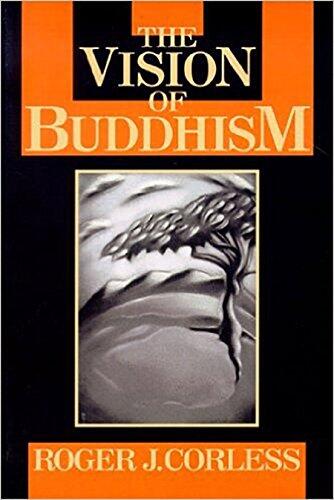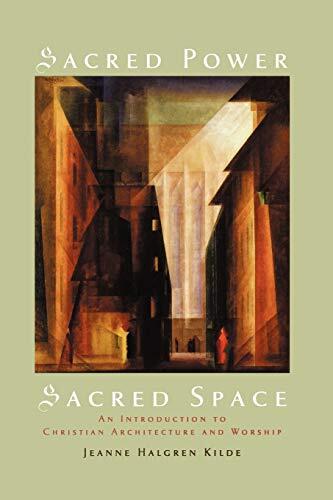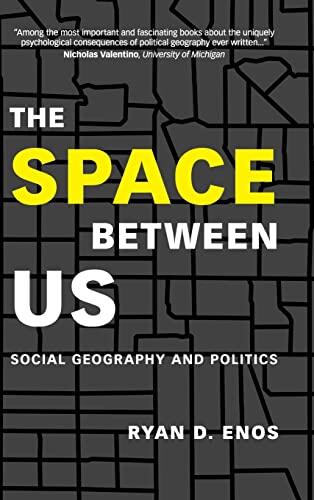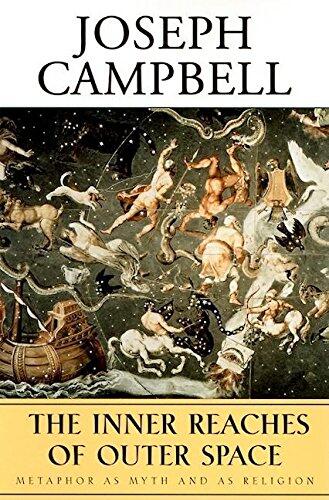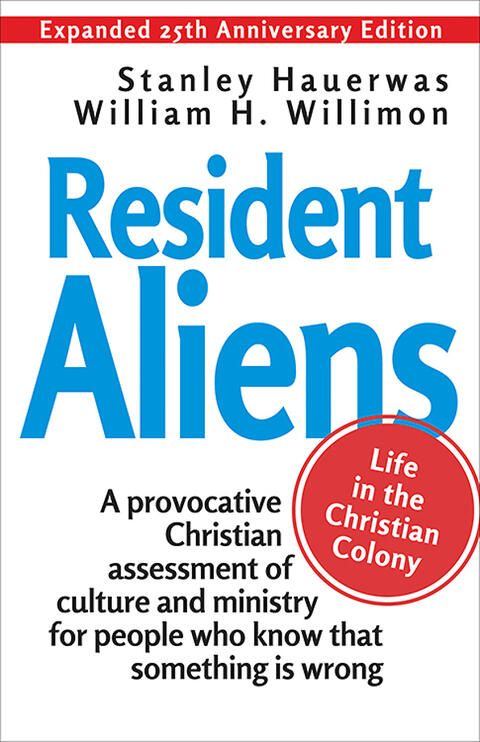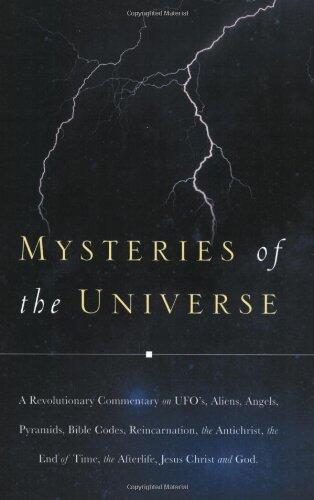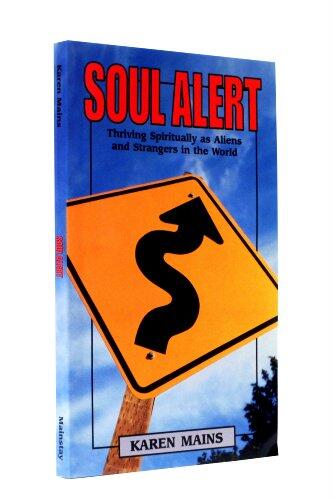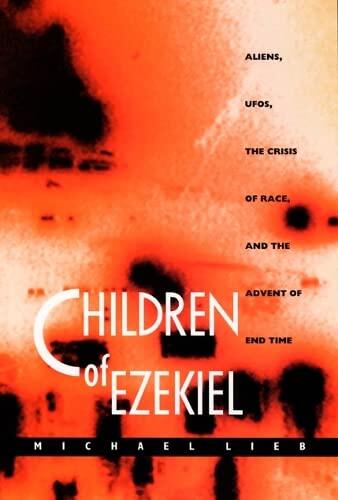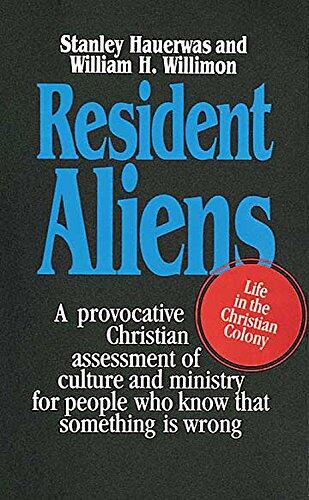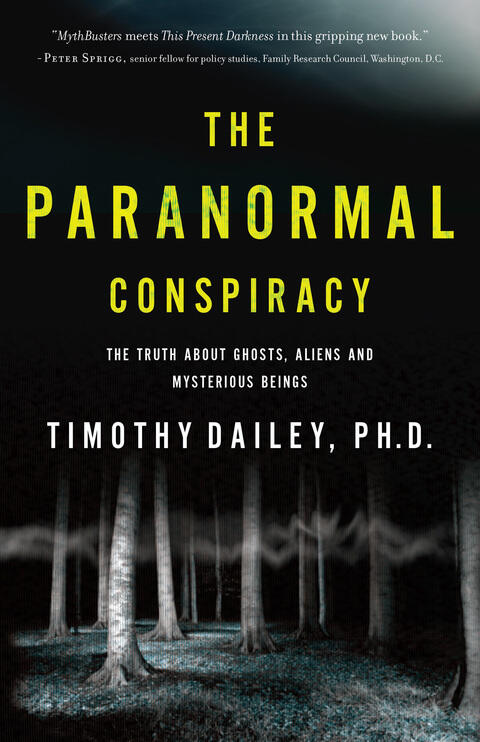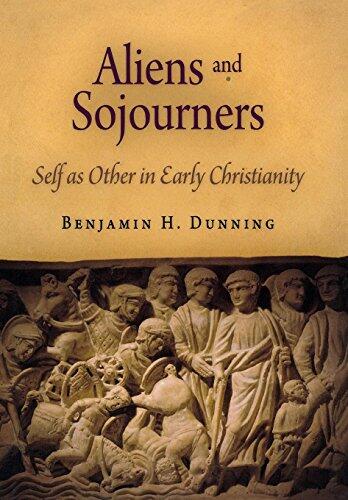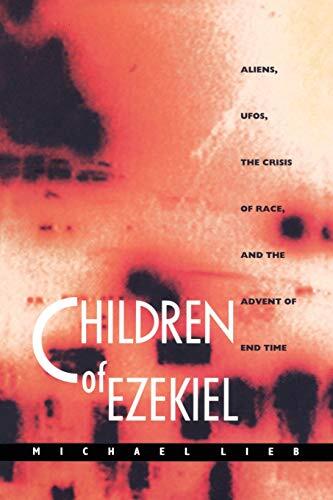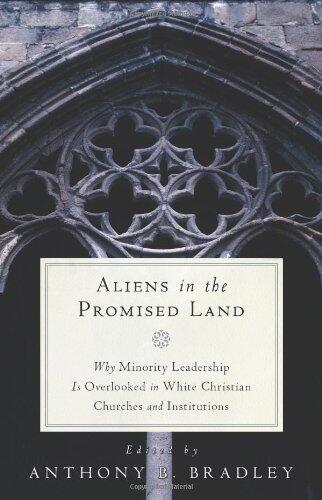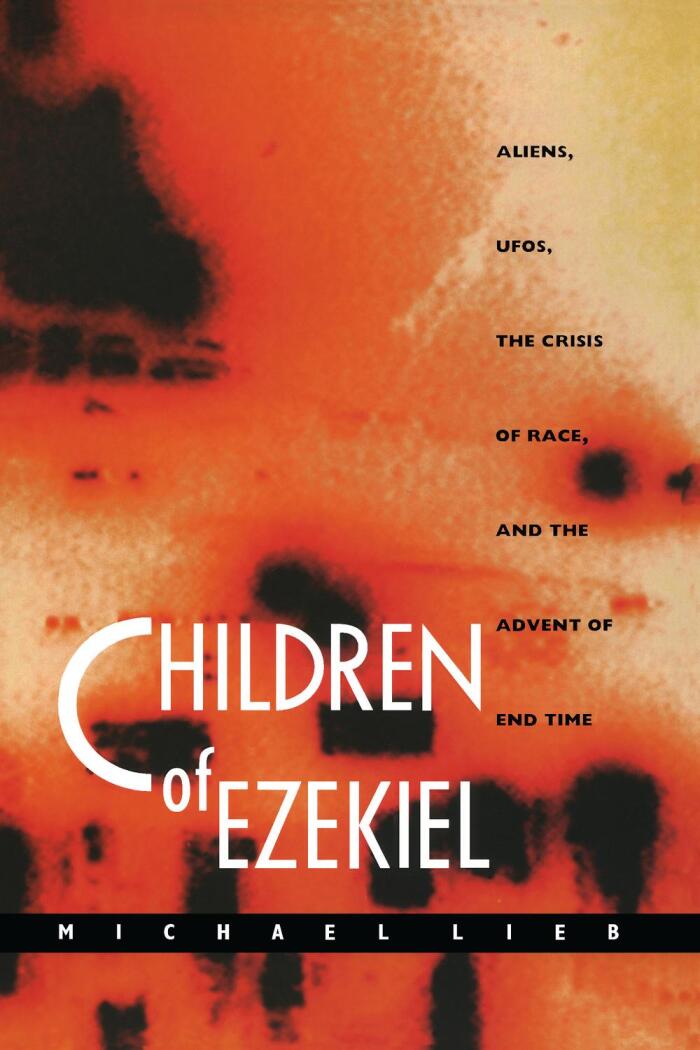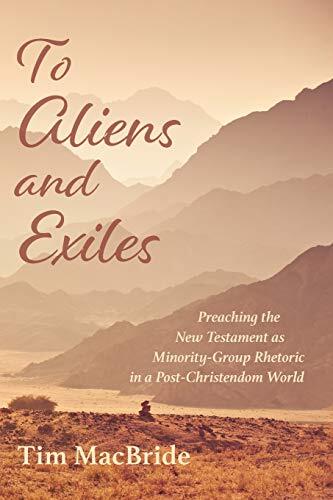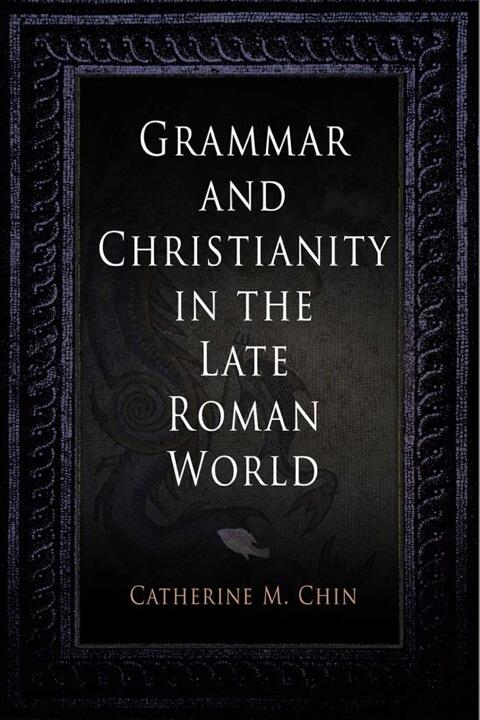
Grammar and Christianity in the Late Roman World
بواسطة
Catherine M. Chin
لا توجد تقييمات بعد
Religion & Spirituality
History
تنسيق
كيندل
صفحات
281
لغة
الإنجليزية
منشور
Jan 1, 2013
الناشر
University of Pennsylvania Press
الطبعة
2
رقم ISBN-10
0812201574
رقم ISBN-13
9780812201574
الوصف
In a period marked by significant transition and cultural exchange, the relationship between grammar and Christianity unfolds with remarkable complexity. As the late Roman world grappled with shifting ideologies and the spread of Christianity, a surge of Latin grammatical texts came to the forefront of education. These works, consisting of both theoretical discussions and practical teachings, served as the foundation for linguistic understanding in a predominantly Latin-speaking society.
Catherine M. Chin explores how these educational materials were not merely academic but also carried profound implications for the propagation of Christian thought and doctrine. The fusion of grammatical structures with religious teachings illustrates how language played a pivotal role in shaping religious identity and authority during this transformative time. The author delves into how the mechanics of grammar informed theological debates and scriptural interpretations among early Christian scholars.
This examination reveals a landscape where linguistics and religion intersect, offering new insights into how communities negotiated their beliefs amidst an evolving cultural milieu. Chin’s analysis highlights the importance of these texts in developing the early Christian intellectual tradition and their lasting impact on the broader scope of Western education. Through this study, readers gain a richer understanding of the intricate dynamics that defined grammar, education, and faith in the late Roman Empire.
Catherine M. Chin explores how these educational materials were not merely academic but also carried profound implications for the propagation of Christian thought and doctrine. The fusion of grammatical structures with religious teachings illustrates how language played a pivotal role in shaping religious identity and authority during this transformative time. The author delves into how the mechanics of grammar informed theological debates and scriptural interpretations among early Christian scholars.
This examination reveals a landscape where linguistics and religion intersect, offering new insights into how communities negotiated their beliefs amidst an evolving cultural milieu. Chin’s analysis highlights the importance of these texts in developing the early Christian intellectual tradition and their lasting impact on the broader scope of Western education. Through this study, readers gain a richer understanding of the intricate dynamics that defined grammar, education, and faith in the late Roman Empire.
